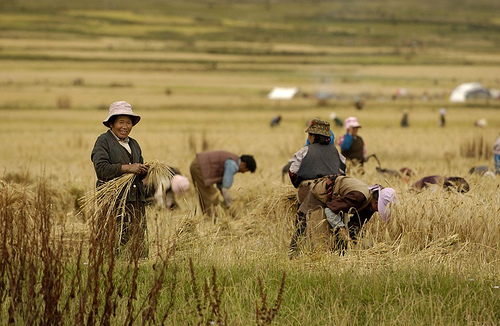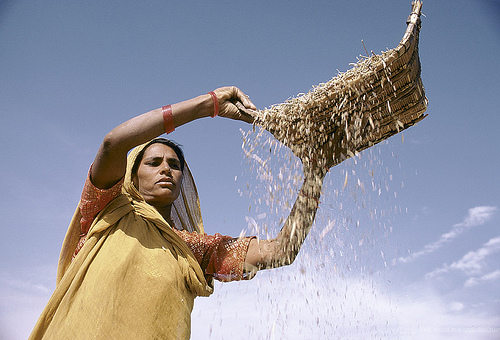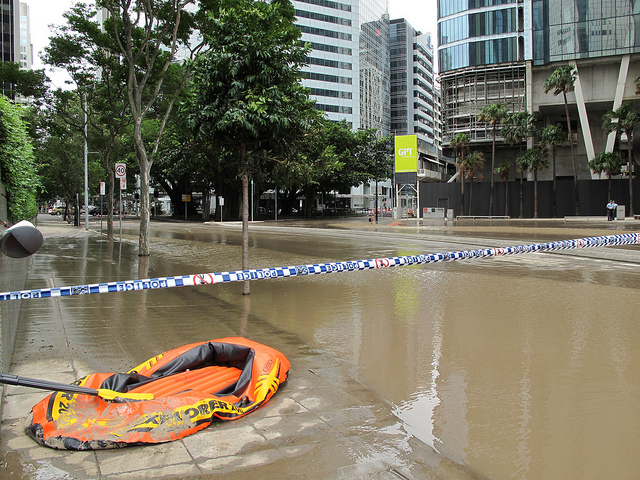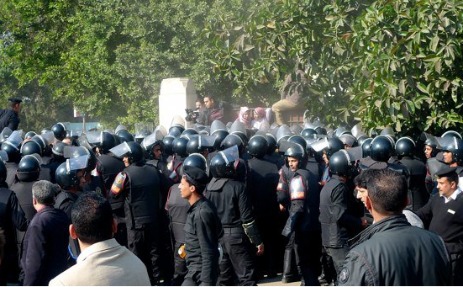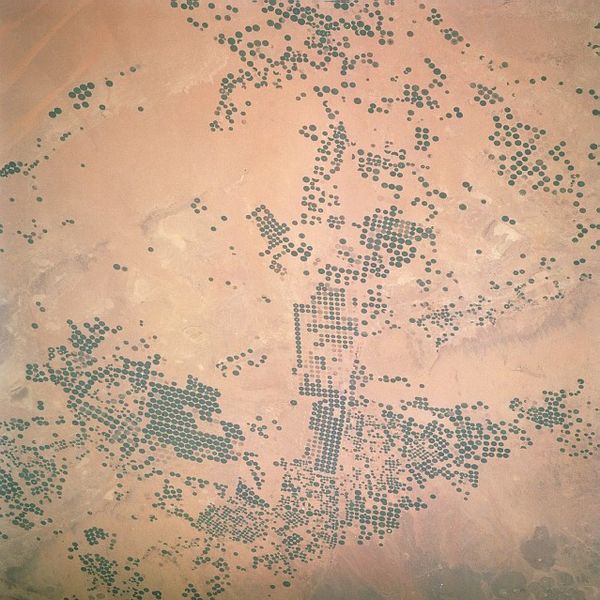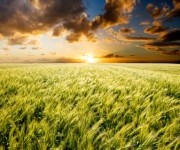food security
-
Can the United States feed China?
China is worried — and rightfully so — that it might not be able to feed itself.Photo: Jerrold BennettIn 1994, I wrote an article in World Watch magazine entitled “Who Will Feed China?” that was later expanded into a book of the same title. When the article was published in late August, the press conference […]
-
The world is one poor harvest away from chaos
An Indian woman sifts grain from a previous harvest. Water shortages could drastically affect this year’s harvest.Photo: World BankIn early January, the U.N. Food and Agriculture Organization (FAO) reported that its Food Price Index had reached an all-time high in December, exceeding the previous record set during the 2007-08 price surge. Even more alarming, on […]
-
Why your money can’t protect you from climate change
It’s hard to see how the West will benefit from, say, more floods.Photo: NZRicoIn a recent article in Newsweek, Nobel laureate economist Thomas Schelling argues that one of the greatest obstacles to addressing climate change is persuading the non-poor in the developed world to take the problem seriously. As he states: Estimates of lost world […]
-
Why do states break down?
They can’t stop what’s coming.Photo: Al Jazeera EnglishUprisings in Tunisia, Egypt, and across the Middle East at the start of 2011 have reminded the world just how politically fragile some countries are. But the focus of international politics has been shifting for some time now. After a half-century of forming new states from former colonies […]
-
Welcome to the food deserts of rural America
How is it possible that people in farm country have a hard time finding food? In short, food deserts are complicated.
-
The world is only one poor harvest away from chaos
Over the last few decades we've created a food production bubble based on overpumping aquifers, overplowing land, and overloading the atmosphere with carbon dioxide. The question is not whether it will burst, but when.
-
Feeding the world means hogging less grain
How many people can the Earth support? Depends on their level of food consumption. At the U.S. average of 1,763 pounds of grain per person annually for food and feed, the 2-billion-ton annual world harvest would feed just 2.5 billion people.
-
Smart cities are (un)paving the way for urban farmers and locavores
Across the U.S., cities are buckling up their green belts and introducing legislation to foster local-food production of everything from cucumbers to yellow limes, reports Kerry Trueman for Grist's Feeding the City series. Because nobody wants to get caught with their pantry down?
-
The Emerging Politics of Food Scarcity
A dangerous geopolitics of food scarcity is emerging in which individual countries, acting in their narrowly defined self-interest, reinforce the trends causing global food security to deteriorate. This began in late 2007 when wheat-exporting countries, like Russia and Argentina, attempted to counter domestic food price rises by limiting or banning exports. Viet Nam banned rice […]
